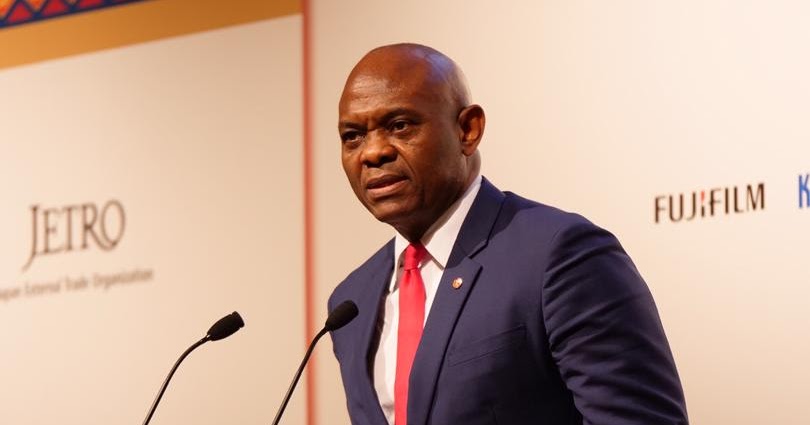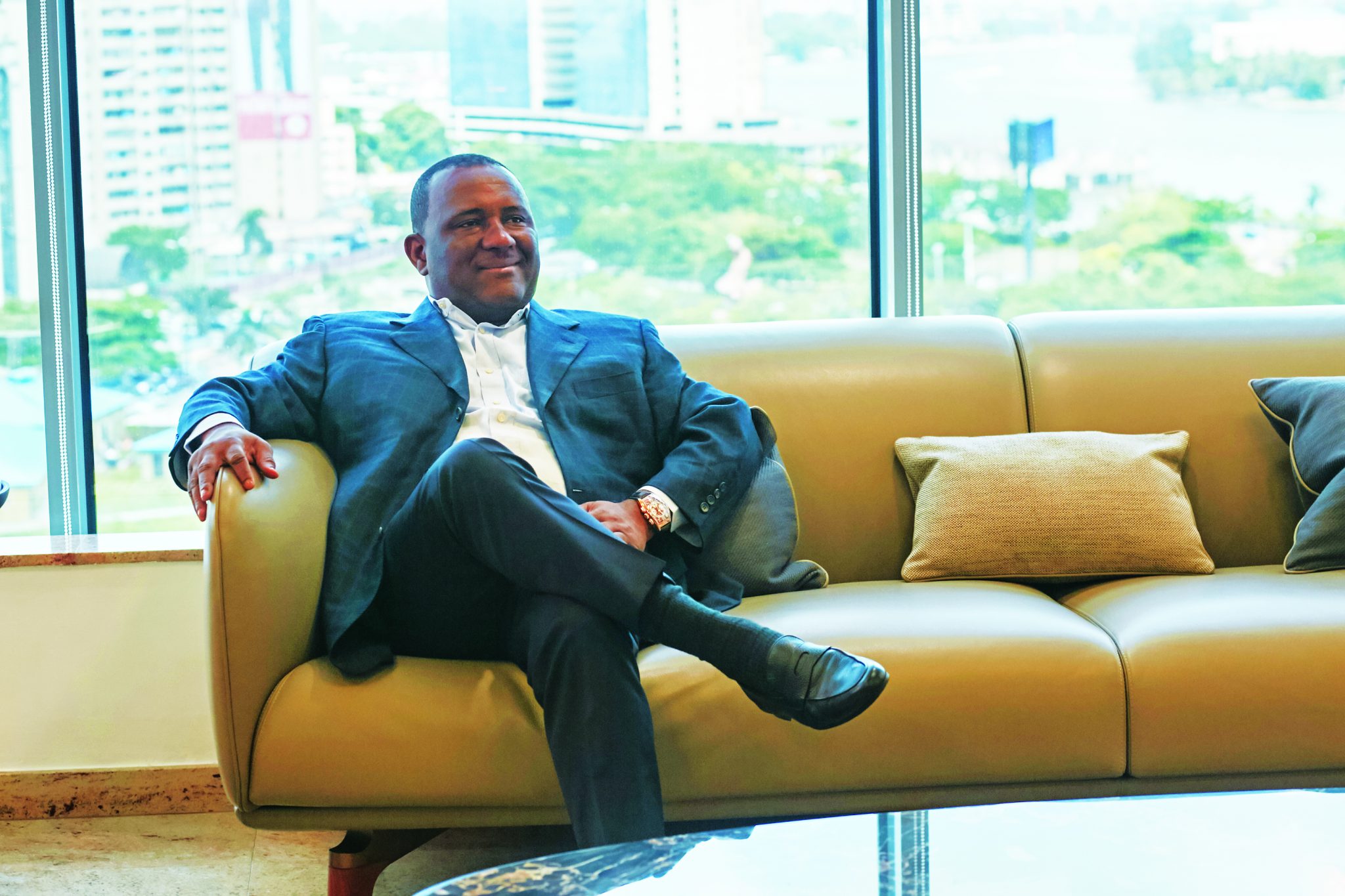French satirical magazine, Charlie Hebdo has republished the same cartoons about the Prophet Muhammad and Islam that prompted a deadly attack on the m
French satirical magazine, Charlie Hebdo has republished the same cartoons about the Prophet Muhammad and Islam that prompted a deadly attack on the magazine in 2015, an act that will be seen by some as a commitment to free speech and by others as reckless provocation.
The publication coincides with the start on Wednesday of the long awaited terrorism trial of people accused as accomplices in the attack — potentially cathartic for a nation that was deeply scarred by that act of brutality. The magazine posted the cartoons online on Tuesday and they will appear in print on Wednesday.
The trial and the reappearance of cartoons that are seen by many as offensive come as France is seeing protests against racism and calls for reflection on the treatment of minorities in its society, past and present. Many traditionalists have expressed concern that the country is yielding to American-style identity politics, long widely rejected in France.
Charlie Hebdo’s editors wrote in the new issue that it was “unacceptable to start the trial’’ without showing the “pieces of evidence” to readers and citizens. Not republishing the caricatures would have amounted to “political or journalistic cowardice. Do we want to live in a country that claims to be a great democracy, free and modern, which, at the same time, does not affirm its most profound convictions?’’
The attack on Charlie Hebdo was the first of a string of major Islamist attacks on Paris. On Jan. 7, 2015, two French-born brothers of Algerian descent, Saïd and Chérif Kouachi, stormed the offices of Charlie Hebdo. They killed 11 people inside with automatic gunfire, including the top editor and some of its leading cartoonists, then killed a police officer on the street as they made their getaway. Several people were wounded.
The brothers identified themselves as belonging to Al Qaeda and left the magazine stating that they were “avenging the Prophet,’’ according to survivors of the attack. Two days later, a friend of theirs, Amedy Coulibaly, took hostages and killed four people at a kosher supermarket in Paris.
The worst of the assaults came 10 months later, when a group of Islamic State gunmen and suicide bombers killed 130 people and injured more than 400 at multiple sites across the capital region.
Coulibaly and the Kouachi brothers were killed in standoffs with the police, so after nearly six years, the trial of suspected accomplices, which is scheduled to last two months, will mark the most complete airing of an incident that became a national trauma. The defendants, including some who are not in custody and will be tried in absentia, are charged with aiding the three main attackers, including some who provided weapons and financing.
Charlie Hebdo, which has a long history of skewering diverse subjects across the political spectrum, had also long been accused by detractors of recklessly publishing material considered racist and anti-Muslim.
On Tuesday, Mohammed Moussaoui, the president of the French Council of the Muslim Faith, the main organization representing French Muslims, said that attention should not be paid to the republished cartoons.
“The freedom to caricature is guaranteed for everyone,’’ Mr. Moussaoui told Agence France-Presse, adding, “Nothing can justify violence.’’
Most of the drawings in this week’s edition were originally published by a Danish newspaper in 2005 and included one lampooning Muhammad carrying a bomb in his turban. Many Muslims consider mockery of Islam and any depiction of the prophet to be blasphemy, and the drawings set off deadly riots in Muslim countries and resulted in boycotts of Danish products.
As a show of solidarity with the Danish publication and in the name of freedom of speech, Charlie Hebdo republished the cartoons the following year as part of a “special edition.’’ Its cover represented Prophet Muhammad saying, “It’s hard being loved by idiots.’’ That cover’s artist, Cabu, was killed in the 2015 attack.
In 2007, the Grand Mosque of Paris and the association that is now the French Council of the Muslim Faith sued Charlie Hebdo’s editor for publishing three cartoons that they said had incited hatred against Muslims. The court ruled in favor of the editor, Philippe Val, saying the cartoons were covered by free speech.


